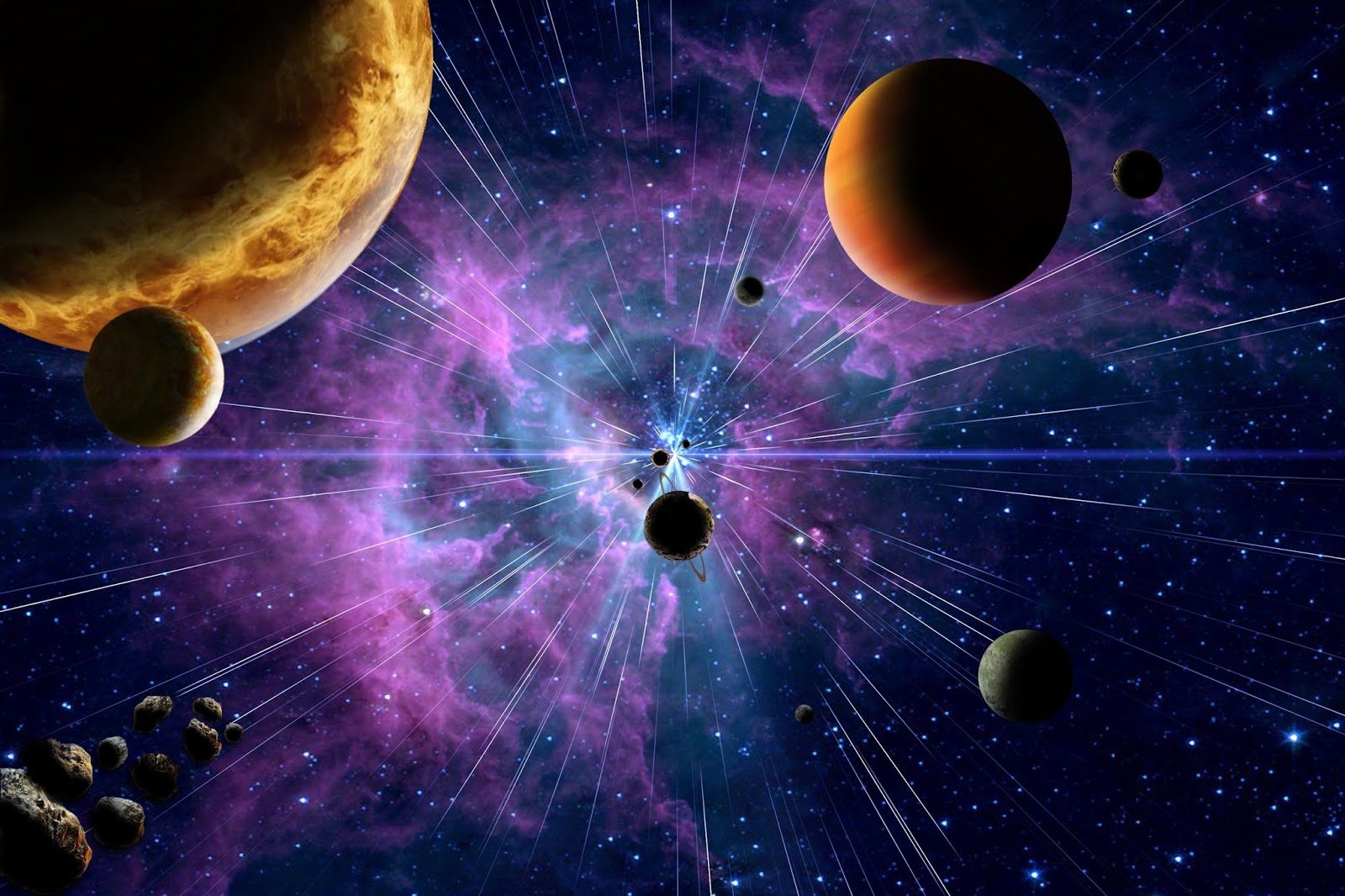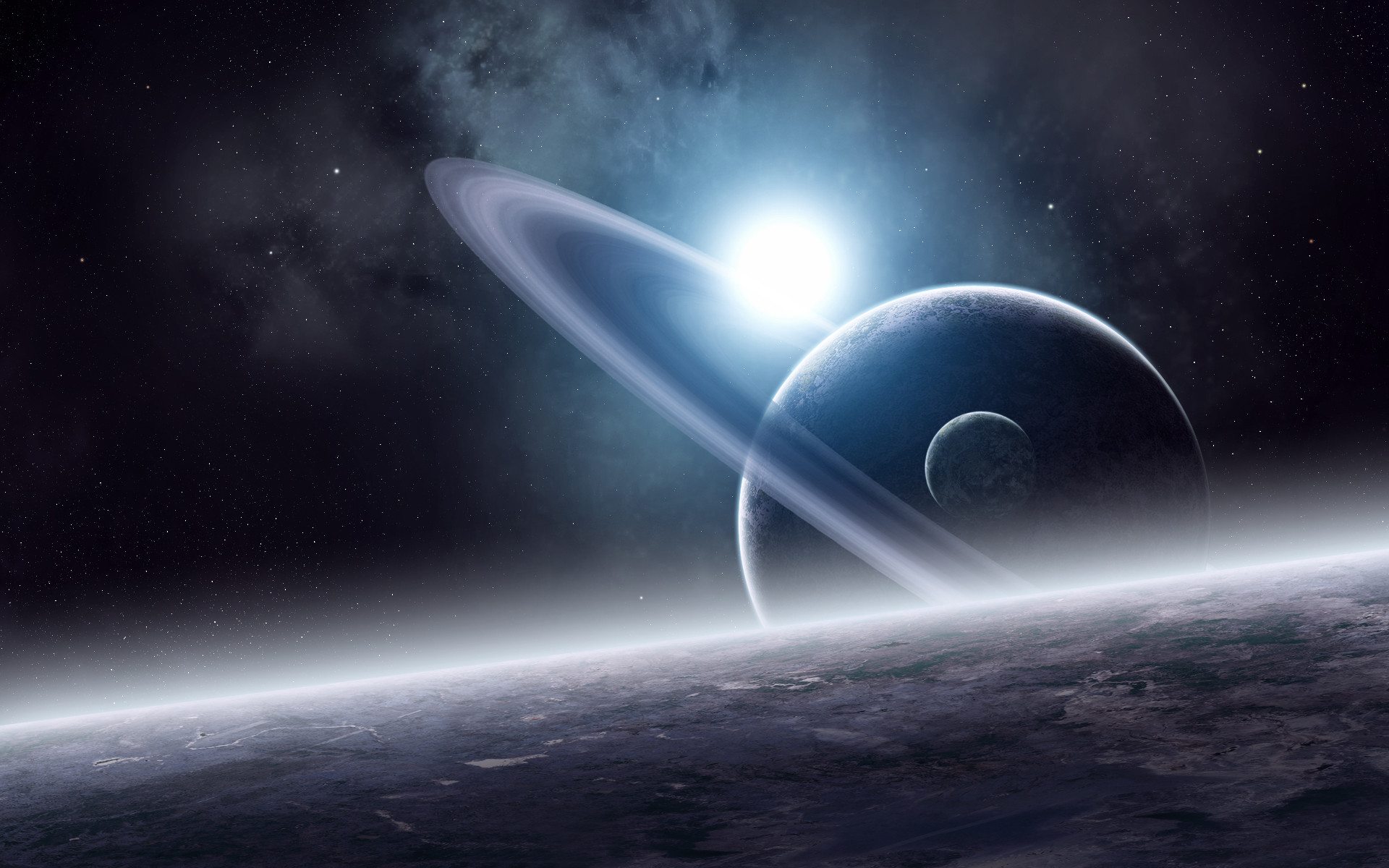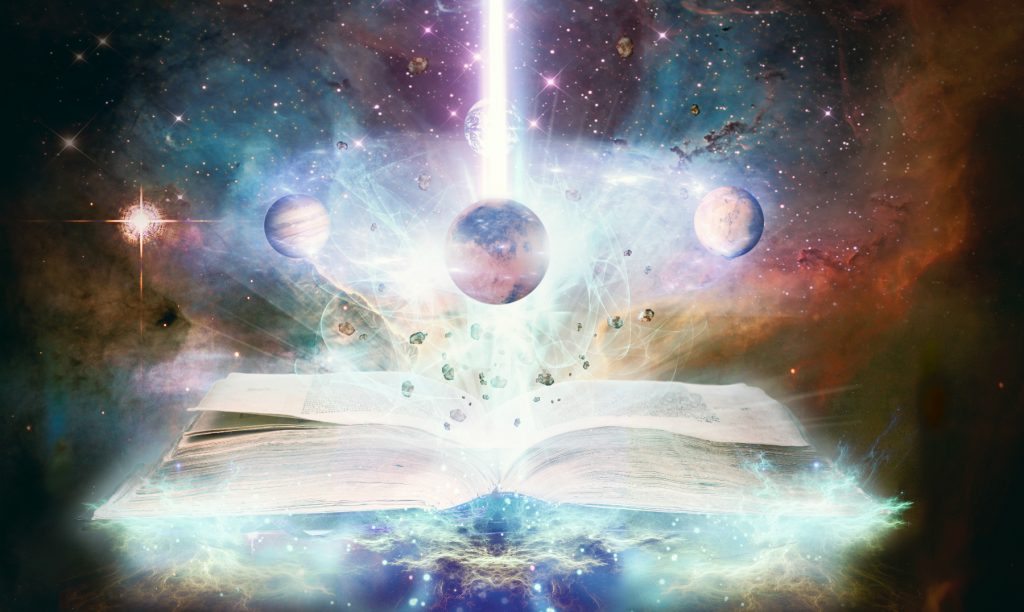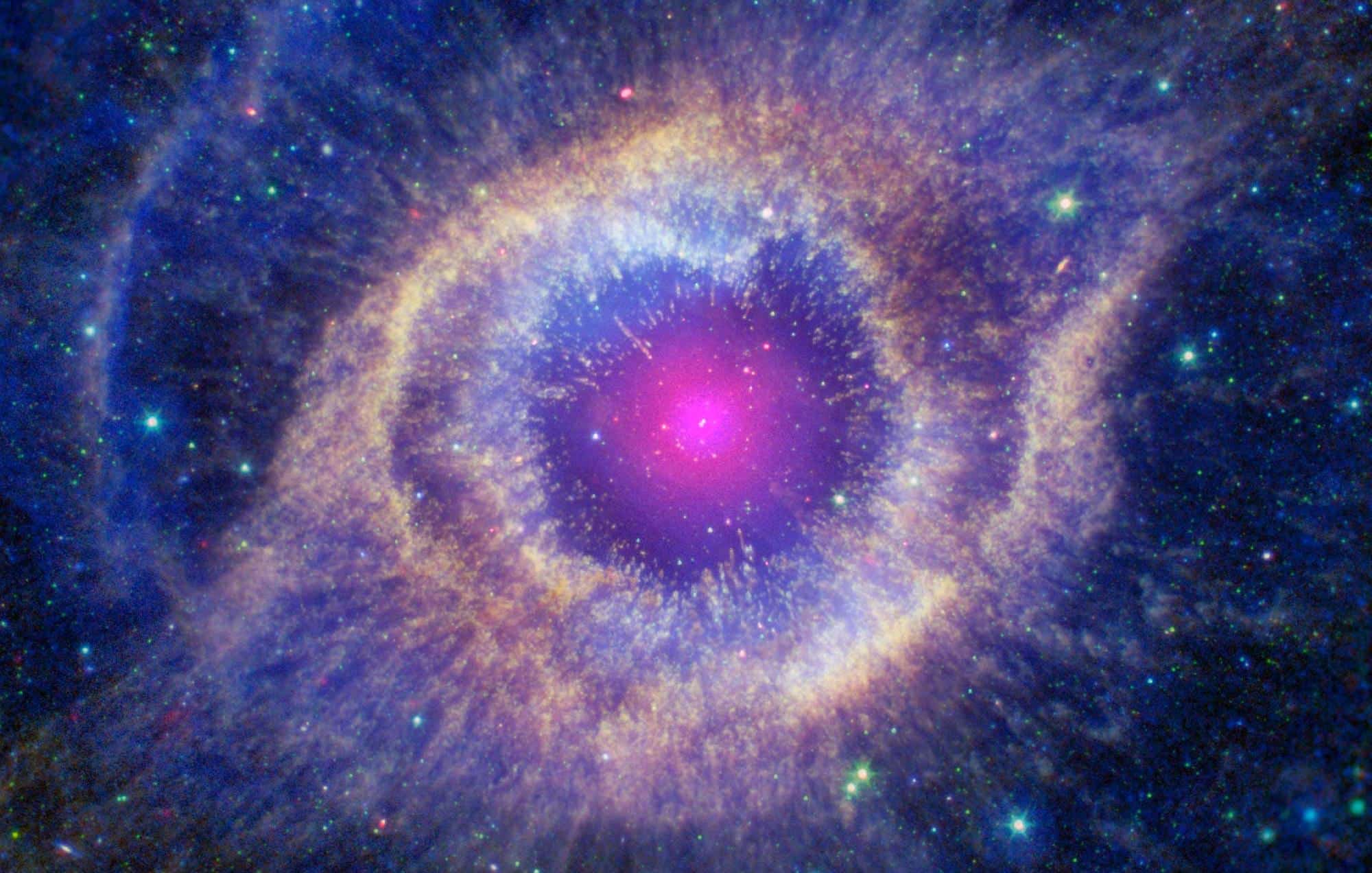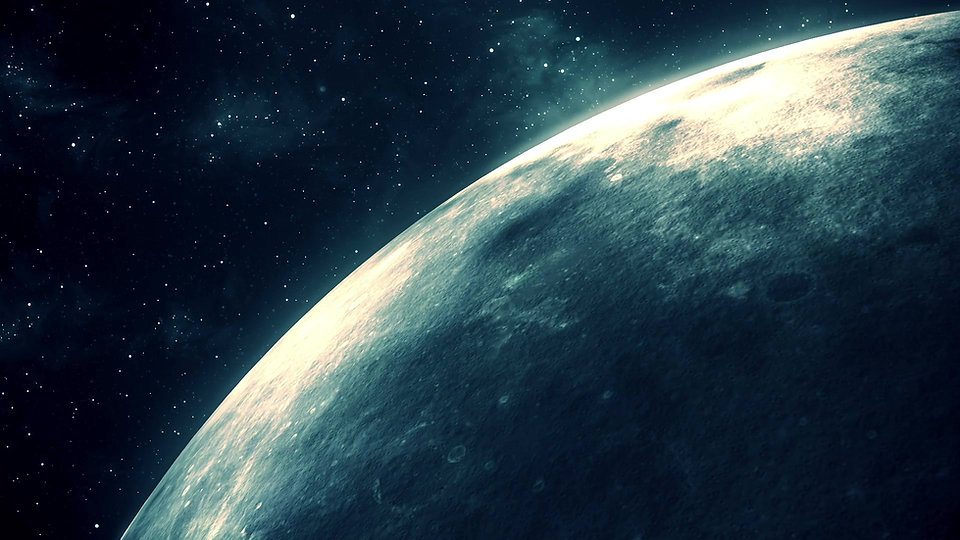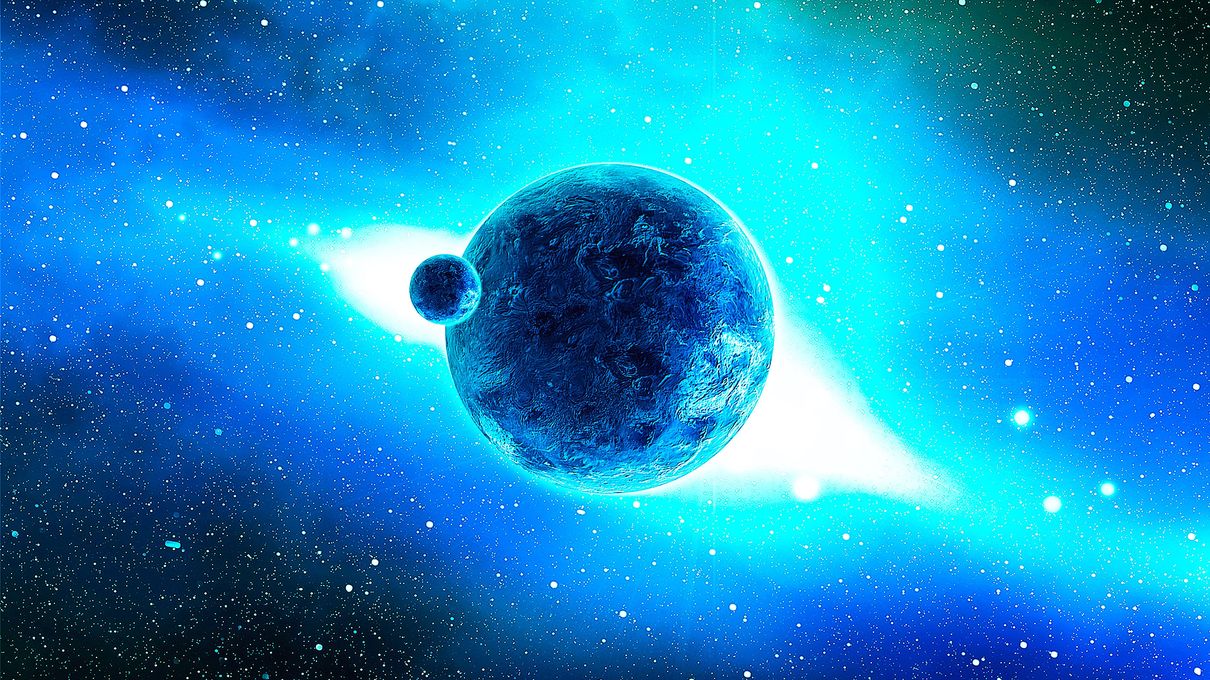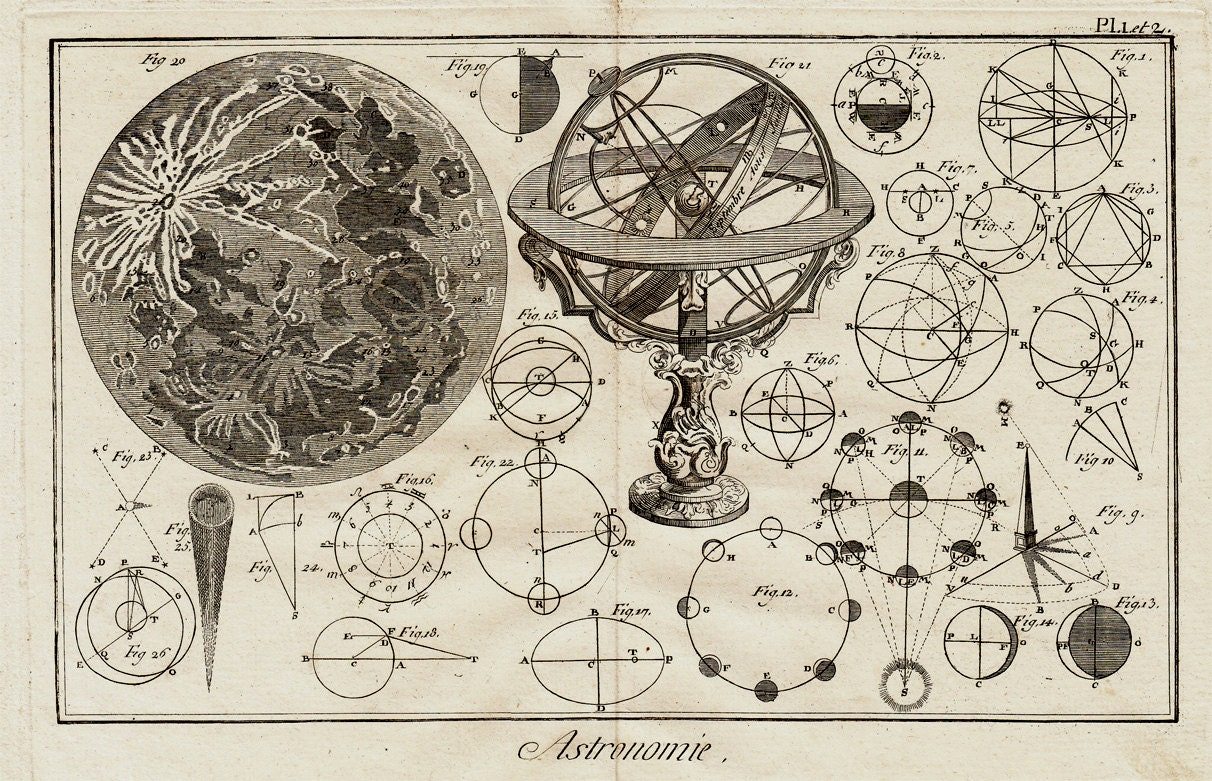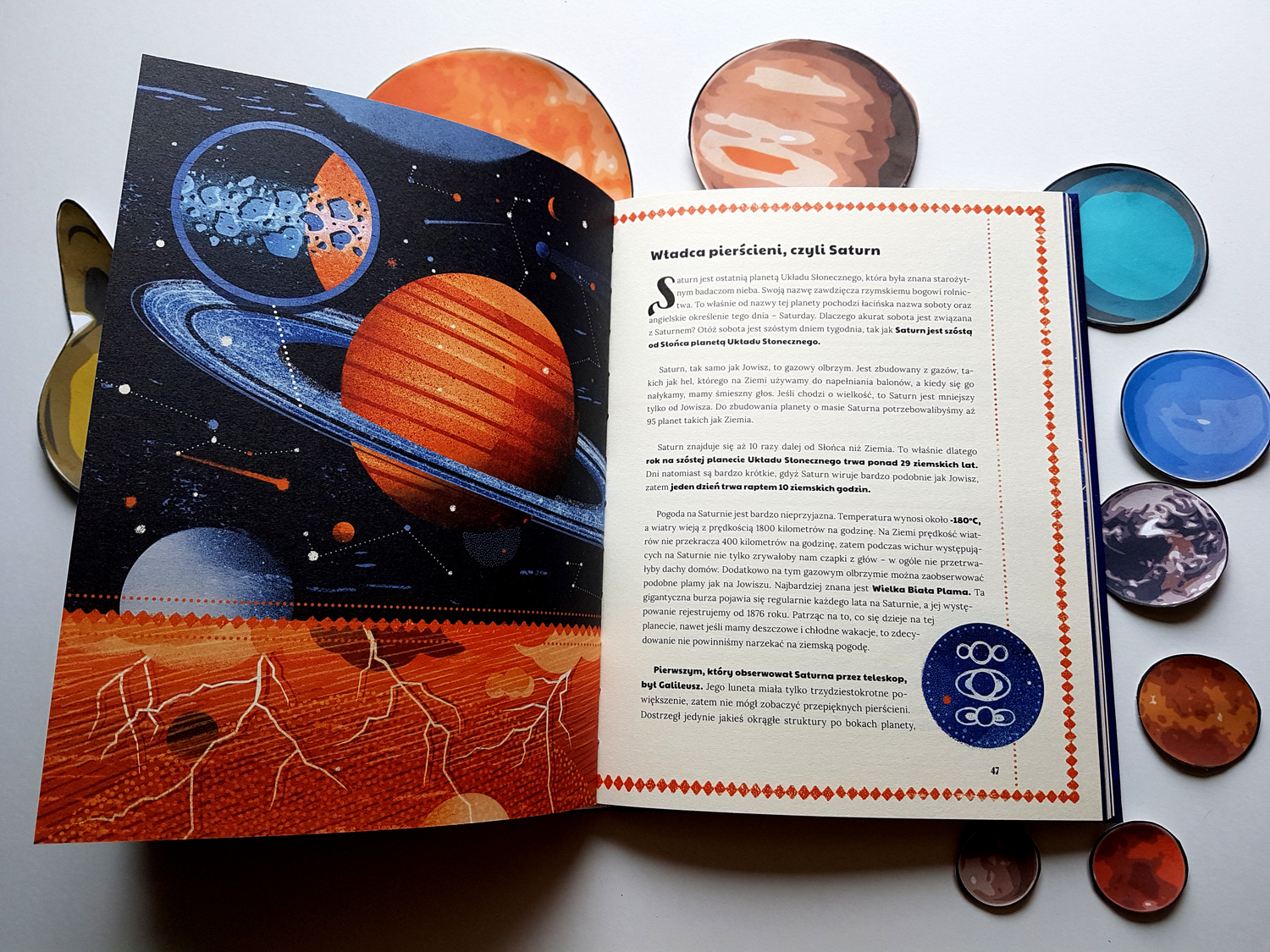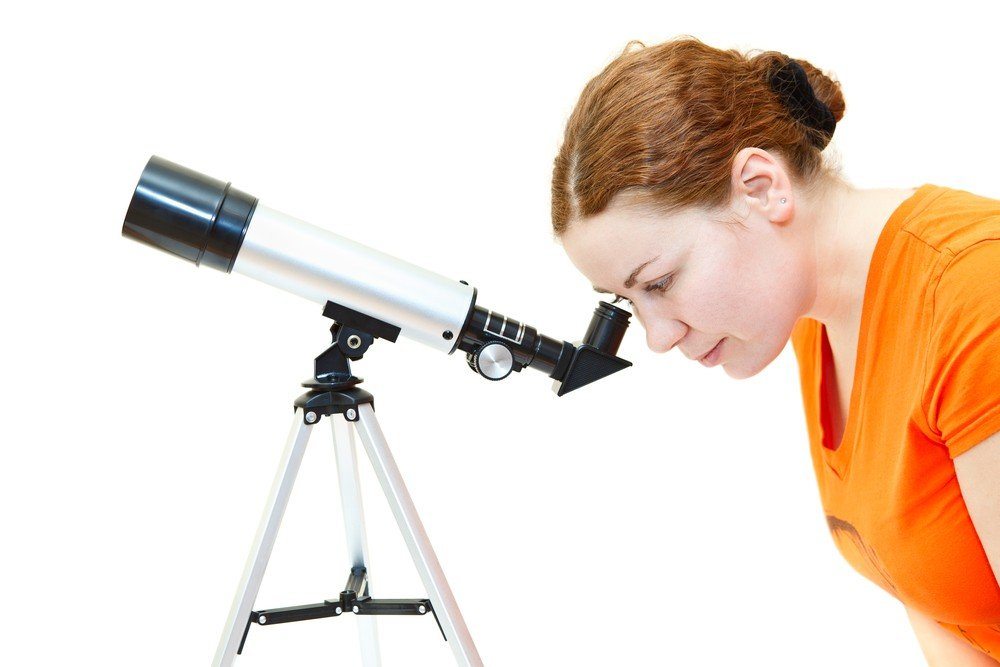Meet the 10 most important astronomers in history!
In our article today you will get to know important characters for the expansion and knowledge of the cosmic universe, that is, the most important astronomers for this area. Remembering that the area of astronomy is an important science to know a series of questions about the universe and human existence.
Meet in our list today the 10 astronomers chosen among many others whose contribution to astronomical science has allowed us to observe the sky and the firmament with different eyes. They gave a name and formula to what could only be explained by divine intervention and opened the way for scientific exploration to modern cosmology.
The most important astronomers – What is astronomy?
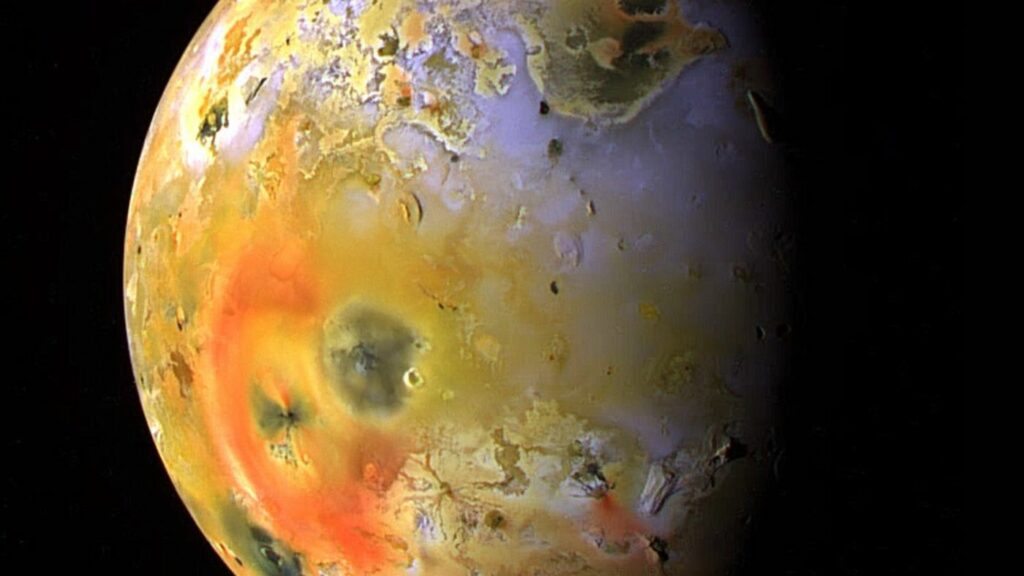
Astronomy is known as the science dedicated to the study of celestial bodies that populate the cosmos: stars, planets, satellites, comets, meteorites, galaxies and all interstellar matter, as well as their interactions and movements.
It is an extremely ancient science, because the firmament and its mysteries constituted one of the first unknowns that the human being formulated, giving them in many cases mythological or religious answers. It is also one of the few sciences that currently allows the participation of its amateurs.
Furthermore, astronomy not only existed as an independent science, but also accompanied other areas of knowledge and other disciplines, such as navigation -especially in the absence of maps and compasses- and more recently physics, for whose understanding of the fundamental laws of the universe, the observation of how our cosmos behaves, which ends up being of enormous and incomparable value.
Thanks to astronomy, humanity has reached some of its greatest scientific and technical milestones in recent times, such as interspace travel, the positioning of the Earth within the galaxy or the observation in a more detailed way of what happens in atmospheric space and on the surfaces of the planets of the our Solar System. Solar, if not systems many light years from our planet.
Tales from Miletus (630 BC-545 BC)
He was the first and foremost of the seven sages of Greece, known as “the wise astronomer”. He imagined a round Earth, divided the sky into five circles (the equator, the two tropics, the arctic and the antarctic) and the year into 365 days.
He very accurately measured the apparent diameter of the sun, wrote about the equinoxes, helped sailors navigate the Little Bear, clarified the true cause of the phases of the moon, and became the first of the Greeks to predict solar eclipses.
The most important astronomers Aristarchus (310 BC-230 BC)
He designed the first heliocentric model, according to which all planets revolved around the sun. Authors such as Archimedes and Plutarch know that in a revolutionary work, now lost, Aristarchus proclaimed that the Sun and not the Earth was the center of the universe and the planets revolve around the stars. A statement that would only be incorporated into scientific knowledge 17 centuries later with Copernicus.
Claudius Ptolemy (100 – 170)
His Almagest (“the great book”, as the Arabs called it), was the astronomical bible until the beginning of the 17th century. The geocentric conception (the earth as the center of the universe) and Ptolemy’s tablets were used by Copernicus or by the Spanish navigators who circumnavigated our planet.
Nicolaus Copernicus (1473-1543)
Fifteen centuries later, Copernicus challenged the Ptolemaic conception of the universe. His heliocentric design was a revolution in knowledge around the world. The theory presented states that the Sun should be understood as the center around which the planets Mercury, Venus, Earth and Moon, Mars, Jupiter and Saturn circle. However, stars do not fall into this category, not stars because they are understood to be fixed and distant goals.
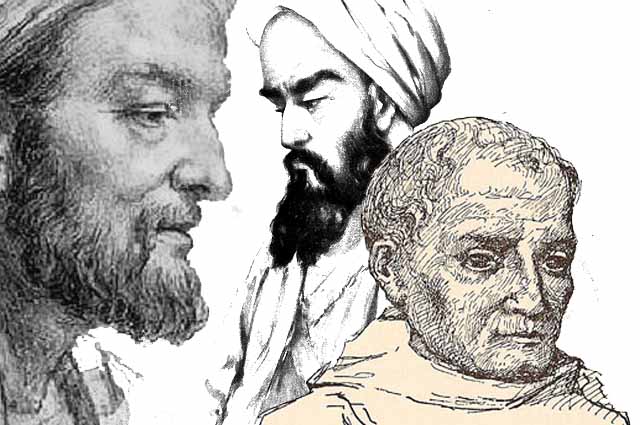
The most important astronomers – Tycho Brahe (1546-1601)
The most important discovery that Brahe left for posterity was the realization that astronomy needed very precise and constant observational data, something trivial for modern science, but radical in its time.
In 1572 he had his most important vision, the nova of the constellation Cassiopeia, a new star whose brightness lasted 18 months and which elevated him to a great astronomer throughout Europe.
Johannes Kepler (1571-1630)
Contemporary science would not have been possible without Kepler thanks to his three laws on the motion of planets around the Sun. Among his achievements, in addition to astronomical ones, are his treatises on optics, his defense of the plurality of worlds, his peculiar vision of a future of space travel, and his anecdotal belief in the absence of gravity between the Earth and the Moon.
The most important astronomers – Galileo (1564-1642)
Considered the “father of modern astronomy”, Galileo became known throughout Europe when he built his first telescope in 1609 based on a recent Dutch invention.
The accurate description of the Moon, the discovery of Jupiter’s moons, the existence of the Milky Way, the phases of Venus, star clusters, Saturn’s rings and sunspots were some of his achievements.
The most important astronomers – Isaac Newton (1643-1727)
Newton discovered the laws of gravitation culminating in the scientific revolution that Copernicus started. In his work Principia Mathematica he expounded the laws governing gravitation. From these laws he deduced the orbit of comets and explained the tides, in addition to laying the foundations of nuclear physics through the interaction of the attractive forces of particles.
Albert Einstein (1879-1955)
Einstein, the best known scientist of all time, established in 1905, through the theory of special relativity, that the speed of light is the limiting speed of the Universe and that the energy of motion increases the mass of a body, a relationship expressed in the famous formula E=mc².
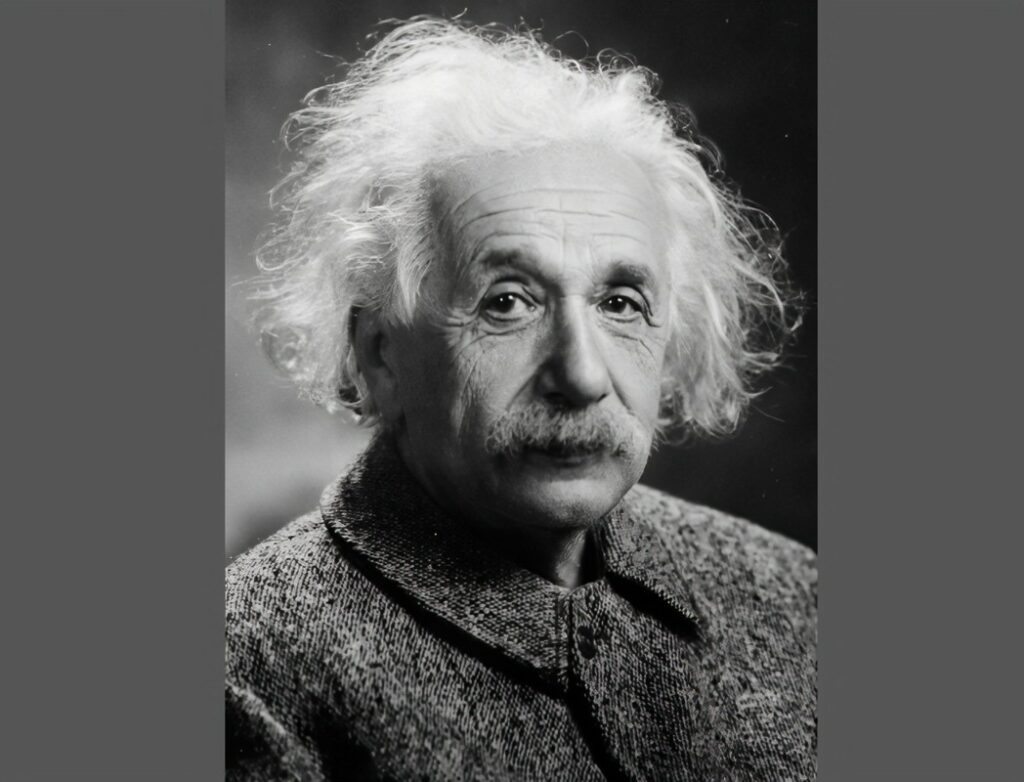
In 1915 he published his General Theory of Relativity where he formulated a new theory with which he reinvented (but did not invalidate) Newton’s laws based on a new topology of space and time.
The most important astronomers – Edwin Hubble (1889-1953)
For many astronomers today, the most important thing we know about the universe is that it is expanding thanks to Hubble’s law, which guarantees that a galaxy’s recoil speed depends on its distance.
He also consolidated the Big Bang theory by reflecting on what the universe must have been like in its infancy, when it was just one light-year long (it is now considered to be about 14 billion light-years long).
What did you think of our list of the 10 greatest astronomers in human history? Leave your feedback in the comments below! Which of these names do you consider the most important?
